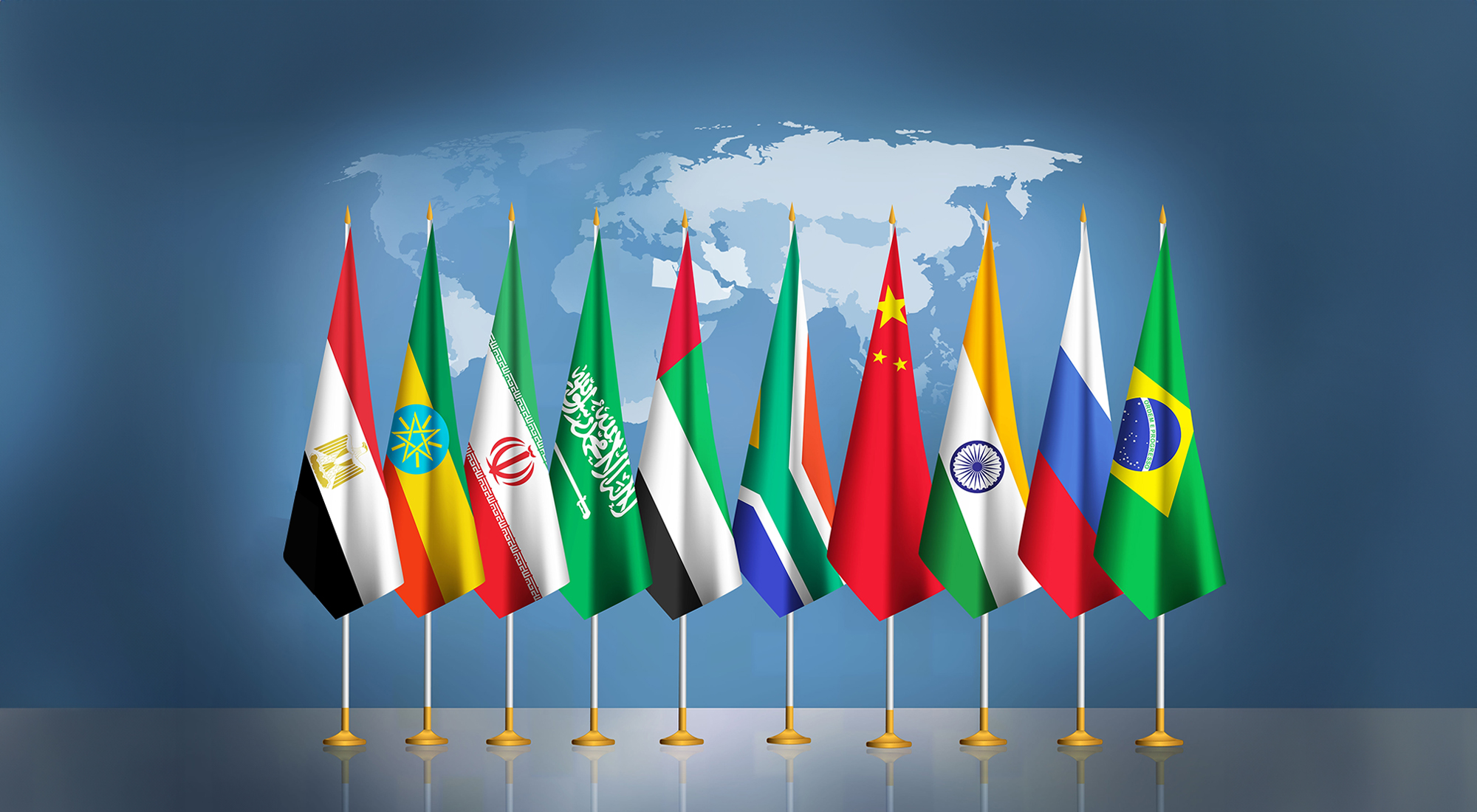The recent blowup between U.S. President Donald Trump and Ukrainian President Volodymyr Zelensky at the White House on February 28, 2025, has caught the attention of the BRICS bloc—Brazil, Russia, India, China, and South Africa—prompting a mix of cautious statements and strategic posturing. The confrontation, which saw raised voices in the Oval Office and an abrupt end to their meeting, has fueled global speculation, and BRICS leaders are now navigating the fallout with an eye on their own interests.
According to a statement from Russia’s Foreign Ministry on March 5, 2025, the clash “underscores the instability of U.S. foreign policy and its transactional approach to allies,” a jab that aligns with Moscow’s narrative as it pushes back against Western support for Ukraine amid its ongoing invasion, now in its third year. Russia, a BRICS member, sees Trump’s demand for Ukraine to “give something in return” for U.S. aid as validation of its critique of Western hypocrisy, especially after Trump’s recent economic deal with Moscow. Kremlin spokesperson Dmitry Peskov told state media TASS that the incident “reveals cracks in the U.S.-Ukraine partnership,” potentially weakening Kyiv’s position.
China, another BRICS heavyweight, took a more measured tone, with Foreign Ministry spokesperson Lin Jian saying on March 5 that Beijing “monitors U.S. internal dynamics but remains focused on promoting multipolarity and economic stability through BRICS cooperation.” Analysts suggest China’s stance reflects its desire to avoid direct confrontation with the U.S. while leveraging the moment to push its vision of a “global majority” challenging American dominance—a theme it’s doubled down on at recent BRICS summits. With Trump threatening 100% tariffs on BRICS nations if they ditch the U.S. dollar, as he posted on Truth Social in December 2024, China’s playing it cool but watching closely.
India, often a swing vote in BRICS, issued a diplomatic non-committal statement through its Ministry of External Affairs, saying it “notes the developments in U.S.-Ukraine relations and hopes for constructive dialogue.” New Delhi’s cautious approach mirrors its balancing act between Western ties and growing economic links with Russia and China, especially as it navigates Trump’s tariff threats and its own crypto-friendly policies.
Brazil and South Africa, the quieter voices in BRICS, haven’t issued formal responses yet, but experts on X suggest they’re likely wary of Trump’s aggressive trade stance. Brazil’s President Luiz Inácio Lula da Silva, known for non-alignment, might see the U.S.-Ukraine spat as a chance to push BRICS’ role as a counterweight to U.S. influence, while South Africa’s President Cyril Ramaphosa could focus on the economic fallout of Trump’s policies, given its reliance on trade.





